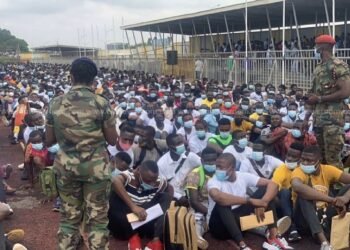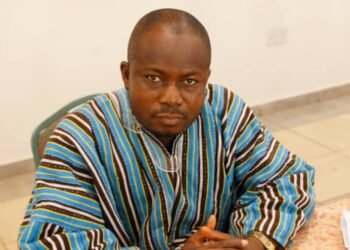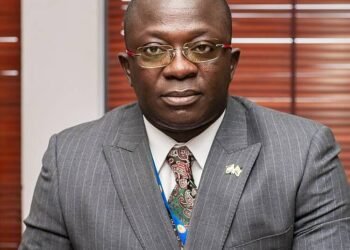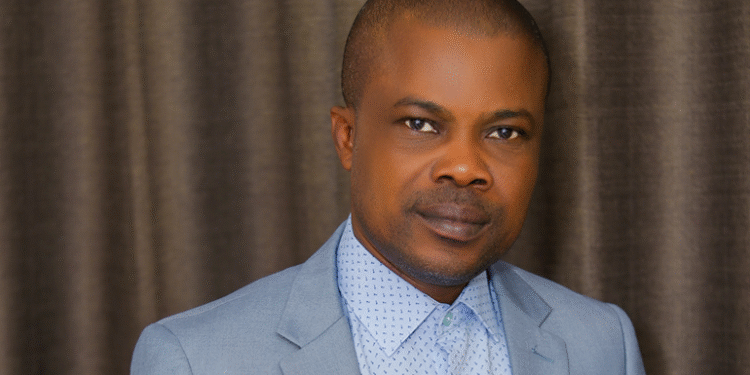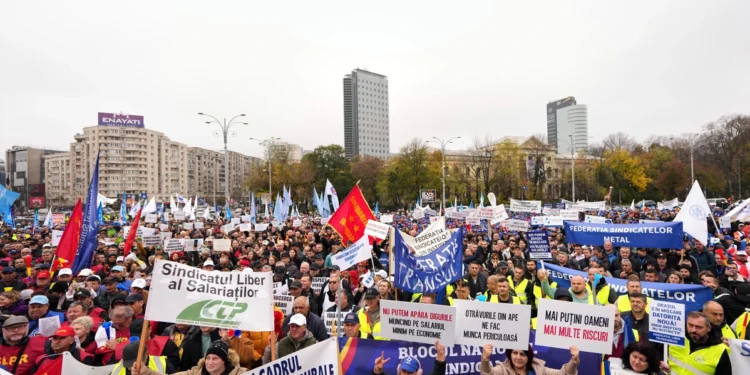President John Dramani Mahama, Ghana’s leader and the African Union Champion for African Financial Institutions, is set to host a landmark event during the 80th United Nations General Assembly (UNGA).
The high-level gathering will witness the formal launch of The Accra Reset: Reimagining Global Governance for Health and Development, an ambitious initiative designed to reshape global cooperation frameworks in a world facing multiple crises.
The launch marks what President Mahama’s office describes as a pivotal turning point for international governance. According to a statement from his spokesperson, Felix Kwakye Ofosu, the Accra Reset will present “a bold and actionable framework designed to fundamentally transform the global governance architecture, ensuring it is fit-for-purpose in a turbulent, post-SDG era.”
The event is expected to attract an influential and diverse mix of global leaders. Heads of State, executives of multilateral institutions, representatives of philanthropic organisations, civil society actors, and business innovators from Africa, Asia, Latin America, the Caribbean, and other regions will converge to deliberate on how global health and development can be steered differently.
A central feature of the launch will be President Mahama’s announcement of a Global Presidential Council. This body, described as a pioneering development, will bring together Heads of State and Government from different parts of the Global South to provide political leadership for the Reset.
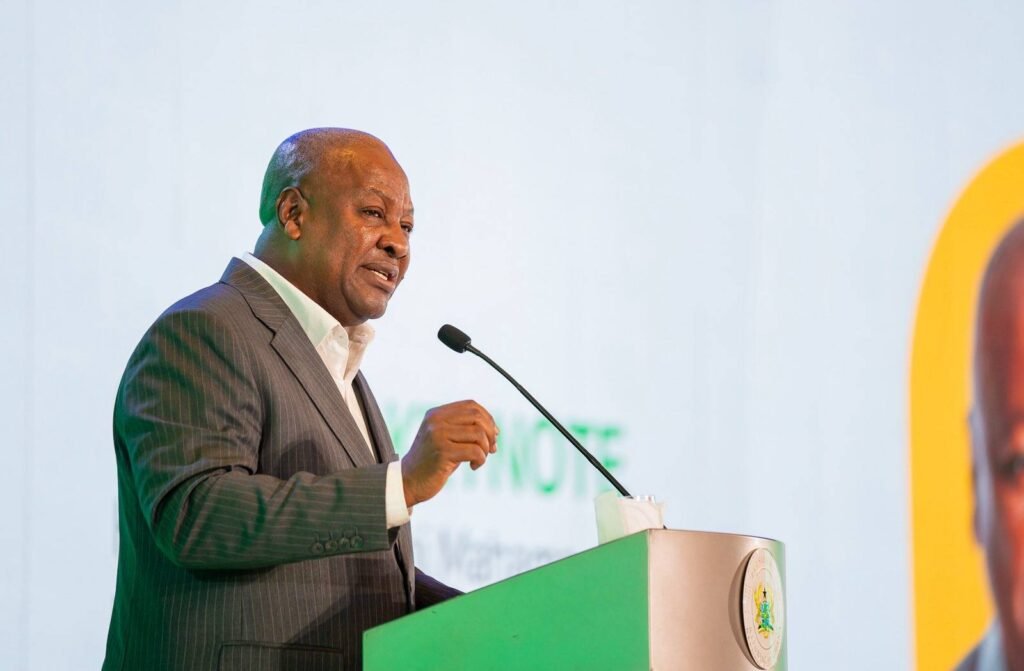
To support its work, the Council will constitute a High-Level Advisory Panel comprising respected figures in health, finance, innovation, and business. Together, they will combine political will with intellectual rigour to forge new models for global cooperation.
The urgency of the Accra Reset is underscored by sobering findings from the United Nations. While the Millennium Development Goals (MDGs) and Sustainable Development Goals (SDGs) have guided development progress for decades, the UN’s 2023 review showed that fewer than half of the 169 SDG targets are on track.
Development-as-Usual Must End
Key areas such as global health, inequality, and fiscal resilience remain in distress, raising concerns about the feasibility of meeting the 2030 goals.
President Mahama’s message is clear: the world cannot afford another cycle of unfulfilled promises. The Accra Reset insists that the era of “development-as-usual” must end. Instead, it calls for a fundamental re-engineering of the very logic underpinning global cooperation.
“What is required now is a Reset,” his spokesperson emphasised, framing the initiative as a necessary departure from traditional models that have proven inadequate in the face of persistent inequality and systemic vulnerabilities.
The Accra Reset builds on the momentum of the Africa Health Sovereignty Summit held in Accra in August 2025. That summit, which focused on Africa’s capacity to withstand health emergencies without overdependence on foreign aid, laid the groundwork for broader conversations on sovereignty, resilience, and new forms of coalition-building.
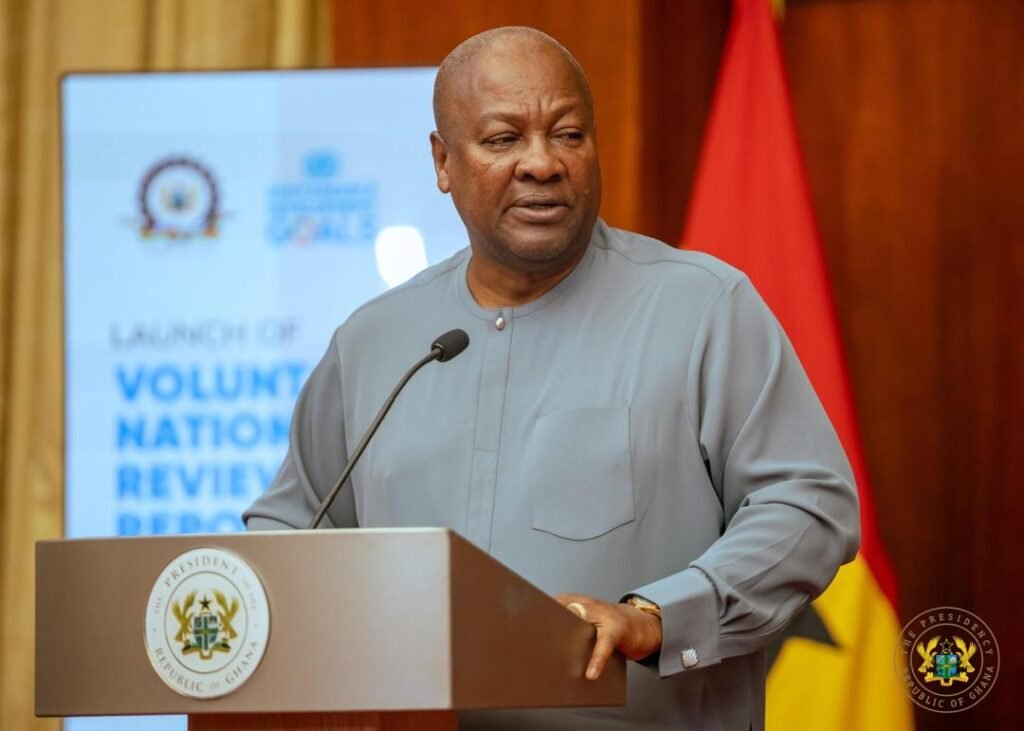
The Reset takes these ideas further, proposing an operating logic that favours resilient coalitions, syndicates, and agile platforms capable of delivering measurable results amidst global polycrises.
Health will serve as the first testing ground for this approach. The sector has been chosen because of its acute exposure to global shocks and the unsustainability of current aid-driven models.
The COVID-19 pandemic revealed structural weaknesses in health systems worldwide and highlighted the dangers of over-reliance on traditional donor paradigms. By starting with health, the Accra Reset aims to demonstrate that innovative frameworks can achieve tangible results, while also inspiring systemic reforms in other areas of development.
For President Mahama, the stakes are high, but so is the potential. As AU Champion for African Financial Institutions, he has long advocated for stronger homegrown solutions to Africa’s challenges.
His leadership of the Accra Reset signals a wider ambition to reposition the Global South as an equal partner in reshaping governance systems that affect all nations.
The significance of launching this initiative on the sidelines of the UNGA is not lost on observers. It ensures maximum global visibility and places the Reset at the centre of conversations among world leaders about the future of international cooperation
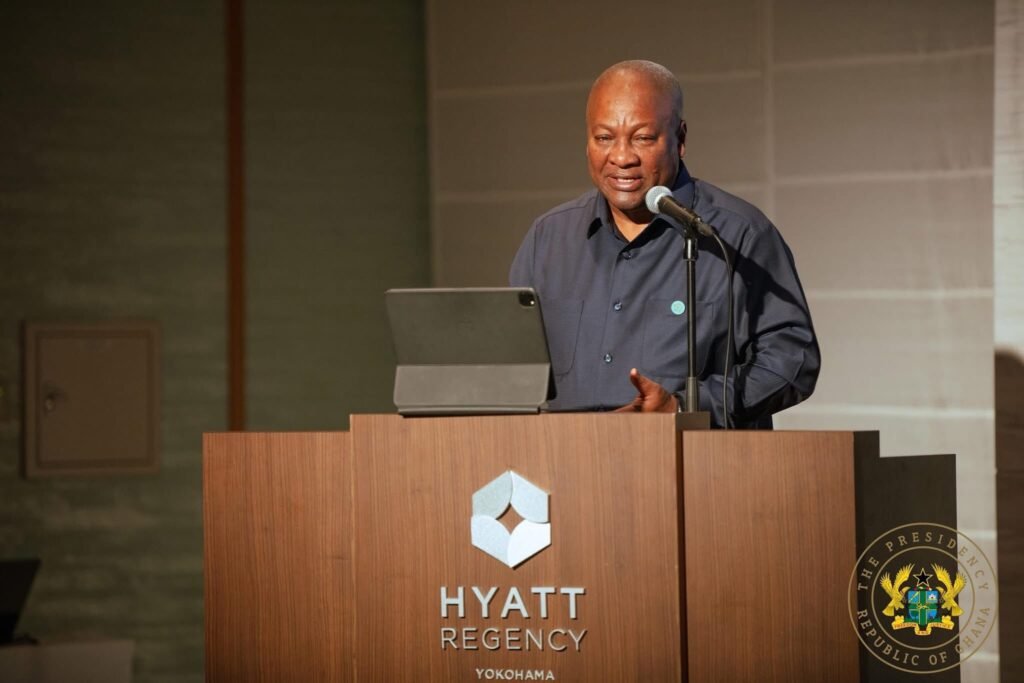
It also aligns with the urgency of the times, as governments confront overlapping crises from climate change and pandemics to debt distress and inequality.
If successful, the Accra Reset could mark the beginning of a new era in multilateralism—one less reliant on aid and pledges, and more focused on resilient, actionable partnerships.
With the Global Presidential Council and its Advisory Panel poised to drive the agenda, the initiative signals an intention not only to critique existing systems but to offer alternatives that are practical and inclusive.
Through the Accra Reset, President Mahama seeks to inspire a transformation that ensures cooperation is not just aspirational but effective, especially for those most affected by global turbulence.
READ ALSO: Ghana’s Oil Earnings Dip, Risk Big Push Infrastructure Drive






